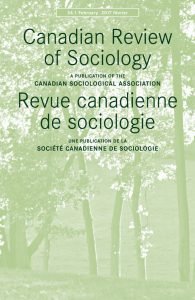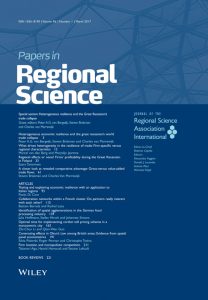The Inequality and Irony of Free Trade
by socanonymous
Due to increasing fears surrounding the spread of the influenza A (H1N1) or Swine Flu, participating countries in bilateral and multilateral trade negotiations are banning pork products and increasing trade restrictions, all in an atempt to contain the virus. The irony of the situation, as some environmentalists and other critics argue, is that the lax rules and regulations surrounding free trade agreements such as NAFTA are partially to blame for creating the necessary conditions leading to such an outbreak. Sewage-filled lagoons at pig farms and heavily polluted towns near industrial factories in Mexico are cited as the products of NAFTA deals which have evaded environmental and health protection laws, otherwise enforced in Canada and the U.S.
The situation lends itself to a number of interesting sociological perspectives which draw upon a diverse multidisciplinary framework. The examination of inherent inequalities of free trade agreements for particular groups and countries is long overdue. The increasing polarization between the global North and South to some degree can be attributed to the impacts of globalization. Another related important field of study is the geographic distribution of diseases and well-being. The distribution of infectious diseases is not only related to the geographic conditions of countries but also the social and environmental conditions that differ across groups.
With a little background research for context, the attached map of the global distribution of diseases demonstrates the prevalence of certain types of diseases in certain geographic regions. HealthMap.Org provide users to examine the distribution of different diseases worldwide.






1756-2589/asset/NCFR_RGB_small_file.jpg?v=1&s=0570a4c814cd63cfaec3c1e57a93f3eed5886c15)
I wonder about the impacts of the responses to H1N1, too, and who will benefit and who will suffer due to these policy shifts? It seems likely that these changes will also produce new social and economic contexts.
Keri